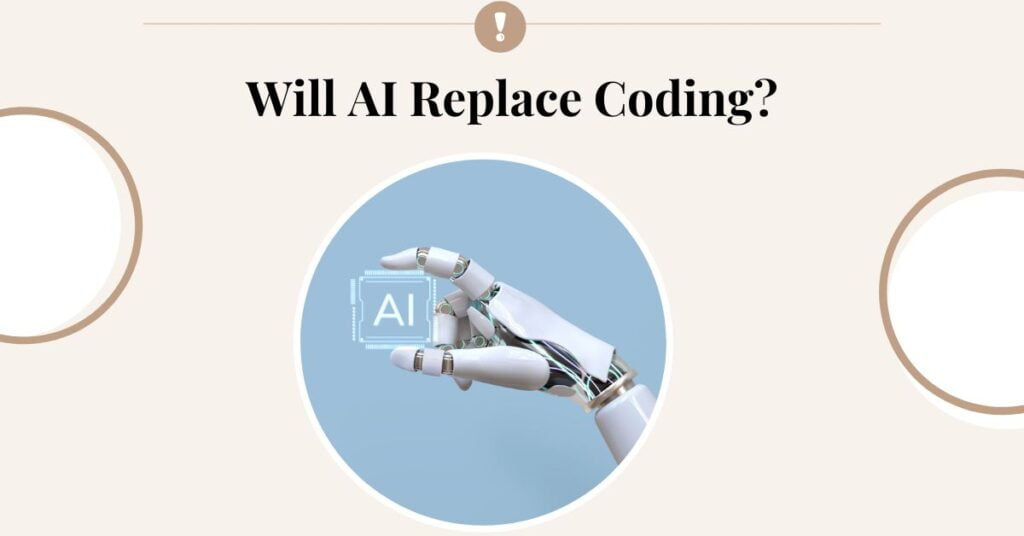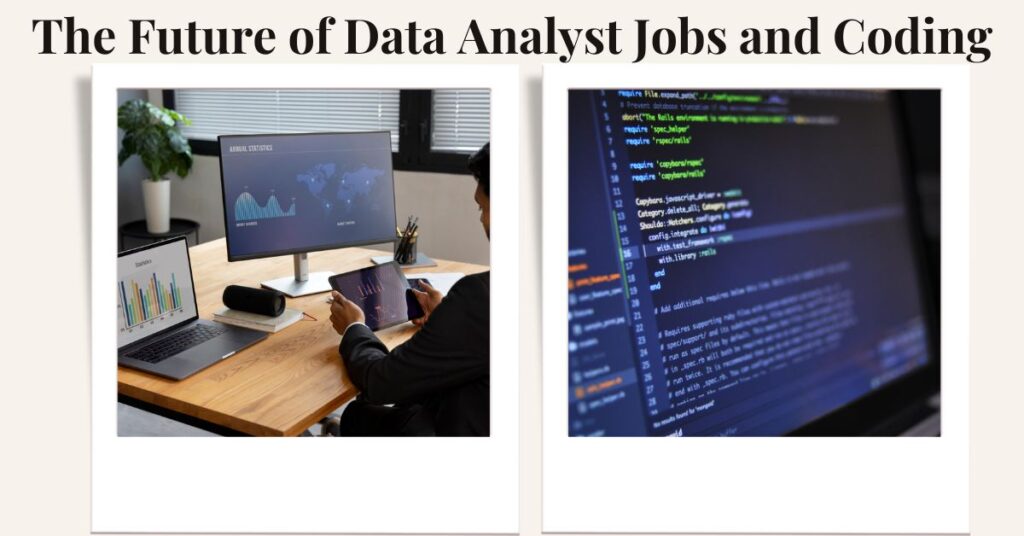We are currently in a time where technology is very important, and a type of technology called artificial intelligence, or AI, is changing things a lot. With the arrival of advanced AI models like ChatGPT, Gemini, Copilot, and the latest addition, Devin, the future of data analyst jobs and coding is experiencing a major shift. This article will explain how AI affects these fields and advise how to keep your career going well despite these changes.
Introducing Devin AI
Devin, introduced by Cognition Company, is declared the world’s first AI software engineer. This claim has sparked curiosity and concern among students and job seekers about the future of IT jobs. Will AI replace coding? Will it eliminate jobs?
According to some predictions, AI could replace 2.4 million US jobs by 2030. However, this is only half of the story.
Devin AI is not just another AI model; it’s a major improvement in AI technology. It has outperformed many other AI models, including ChatGPT, in solving projects from the GitHub repository, based on the SWE benchmark score. Devin’s score stands at a remarkable 13.8, compared to Chat GPT 4’s score of 1.7.
Devin AI is capable of fine-tuning existing machine learning models and solving end-to-end projects. This capability demonstrates that AI could potentially replace certain jobs in the future. However, it’s essential to delve deeper into what this means for the IT industry.

The Impact of AI on Coding and Data Analysis Jobs
When we consider coding and data analysis jobs, it’s undeniable that AI can perform tasks such as coding, testing, debugging, model deployment, analysis, and insight generation. However, the roles of a software developer or a data analyst extend beyond these tasks alone.
A software developer’s job involves several stages, including project objective identification, planning and requirement gathering, design and development, testing and quality assurance, and finally, deployment and maintenance. Coding is just one part of this process.
Similarly, a data analyst’s job involves more than just analyzing data or generating insights. It includes project objective identification, data collection, data cleaning and manipulation, data analysis, reporting or dashboard creation, and sharing insights.
While AI can automate some parts of these processes, it cannot replace the human element involved in others, such as client meetings, project discussions, or recommendation sessions.
The Benefits of AI in the Workplace
AI can improve productivity and efficiency in the workplace. It can streamline and standardize processes, enabling more work to be done in less time. Moreover, automation reduces the chances of human error, thus improving the quality and accuracy of work.
AI can also lead to cost reduction as tasks that previously took longer can now be completed in less time. Furthermore, AI can enhance and personalize the customer experience, especially in marketing, by targeting personalized content.
AI can also accelerate innovation by working simultaneously on different tasks with different capabilities. It can handle large datasets and run machine learning algorithms, generating high-level insights.
One of the main benefits of AI is the augmentation of human capabilities. An AI tool can increase the productivity of a single human being by working around the clock, thereby overcoming human limitations.
Preparing for the Future of Data Analyst Jobs and Coding in the Age of AI
As AI continues to evolve and replace certain jobs, it’s also creating new job opportunities. For those preparing for data analysis or data analytics profiles, it’s essential to focus on education and skills. Three technical skills are essential nowadays – SQL, data visualization (Power BI or Tableau), and Python.
In addition to these, developing soft skills like communication, collaboration, and critical thinking is equally important. Specializing in a niche area or gaining domain knowledge can also give you an edge in your career.
AI is expected to create jobs in areas like cybersecurity, healthcare, military operations, and marketing. For example, as things start getting automated, cybersecurity will play an important role in securing data. In healthcare, AI can be used in various branches like pharmaceuticals, testing, physiotherapy, and surgery.
Conclusion
In conclusion, the rise of AI is transforming the data analyst jobs and coding. While AI can automate certain tasks, it cannot fully replace the human element in these professions. AI can enhance productivity, efficiency, and innovation, but it also creates new job opportunities. To prepare for the future in the data analysis and coding field, it is essential to focus on education and skills, both technical and soft.
FAQ’S
AI won’t completely replace coding jobs. While AI automates tasks like coding, testing, and debugging, software development involves more than just coding. AI can’t replace the human element required in client meetings, project discussions, and recommendation sessions. AI will enhance human capabilities instead of fully replacing coders.
Artificial Intelligence (AI) can perform various tasks such as data analysis, generating insights, and creating reports or dashboards. However, it is important to note that a data analyst’s job includes much more than just analyzing data. It includes identifying project objectives, and collecting, cleaning, and manipulating data before analysis. AI can be a valuable tool but cannot fully replace data analysts.
AI can boost productivity and efficiency by simplifying processes, minimizing human error, and enabling more work to be done in less time. It can lead to cost savings by automating tasks that previously took longer. Additionally, AI can speed up task by handling large datasets and running machine learning algorithms at the same time.
To prepare for data analyst jobs and coding in the age of AI, individuals should focus on technical skills like SQL, data visualization tools (Power BI or Tableau), and Python programming. Also, developing soft skills like communication, collaboration, and critical thinking is important. Specializing in a niche area or gaining domain knowledge can also provide an edge.



